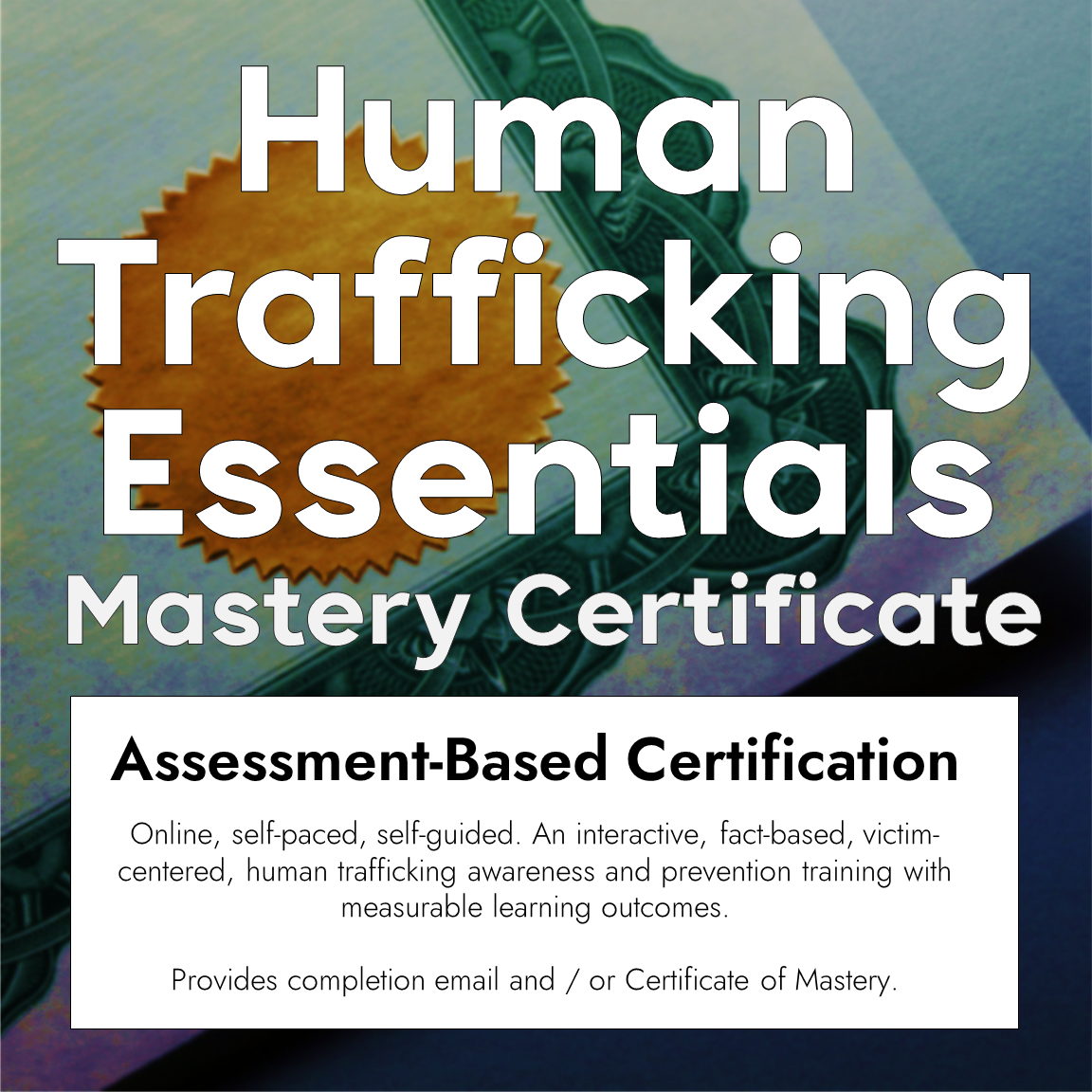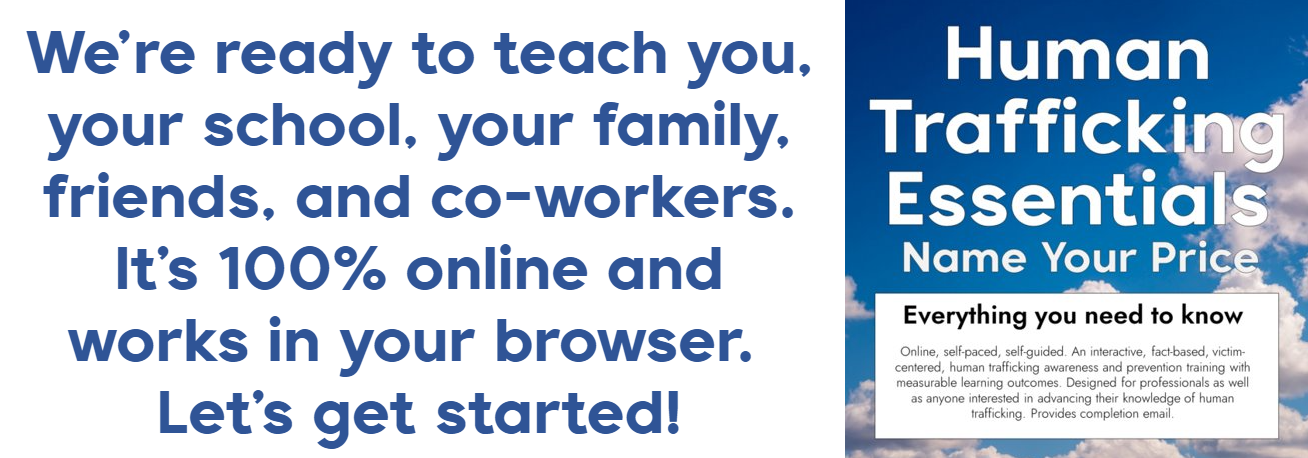GHRC Prison Labor Report Cited as Montana Inmates Deployed to Fight Wildfire
Montana state officials praise fire crew with prison inmates; national report, ACLU question pay
Keila Szpaller
Daily Montanan (read original here)
The Montana Department of Corrections deployed 15 inmates and three correctional officers to help fight a wildfire in the state earlier this month, the DOC said in a news release.
The inmates are deployed at the discretion of the Department of Natural Resources and Conservation, generally for two weeks at a time, according to the Department of Corrections.
The program has been running since 2002. It represents one of many ways state and federal prisons use labor by people who are inmates to the benefit of state governments, according to a 2022 national report from the ACLU and University of Chicago.
The Montana program is voluntary for inmates, who are part of the Deer Lodge Crew, and it's a win for the Department of Corrections and the DNRC, the agencies said in the recent news release.
“This is a great partnership between the DOC and Montana Department of Natural Resources and Conservation that allows the crew members to give back to the state and local communities while under supervision,” said DOC Director Brian Gootkin in a statement.
However, it's also low pay for the firefighters who participate.
The inmates are paid $50 a day for their work, the Department of Corrections said.
“Any funds earned by inmate workers must first go toward paying restitution, child support, court fees, etc.,” said Carolynn Stocker, DOC communications director, in an email.
A contract between the agencies shows the DNRC pays the DOC $15 an hour per inmate for the labor.
“The difference is used to cover administrative costs throughout the year and covers costs for the other tasks that the Fire Crew performs for the DNRC,” said Alexandria Klapmeier, public information officer with the DOC.
The rate covers eight base hours a day plus overtime, according to the contract; it describes overtime for inmates as “N/A,” or not applicable.
The DNRC said the Department of Corrections is responsible for setting the pay inmates receive. The contract explains the rationale for the crew from the prison.
“Use of the DLC (Deer Lodge Crew) achieves the goal of utilizing state funds in a wise and prudent manner and provides the DLC members with an opportunity to gain work experience, life skills, and income prior to release that will assist them in successful reentry back to Montana communities,” the contract says. “The use of the crew helps DNRC accomplish needed work at a reasonable cost.”
A current job posting with the state of Montana advertises a permanent wildland fire season crew boss at $21.10 an hour for six to nine months of the year, by comparison. Additionally, the contract between the DOC and DNRC sets pay for other personnel, including $25.50 an hour for fire line staff for eight hours base and $38.50 for overtime.
Alex Rate, with the American Civil Liberties Union of Montana, said his organization has collected information nationally about the money private companies and prisons are making “off the backs of incarcerated individuals,” although it has not studied Montana specifically.
“But we definitely share the perspective that people should be paid a fair wage, a minimum wage, that's commensurate with people who are not incarcerated,” Rate said.
The 2022 report from the ACLU and the Global Human Rights Clinic of the University of Chicago Law School said incarcerated workers produce “real value for state prisons and state governments, the system's primary beneficiaries.”
It estimated 65% of the more than 1.2 million people in state and federal prison work. Most people work to maintain the place where they're incarcerated, but some, such as firefighters, work outside the prison responding to natural disasters.
“Nationally, incarcerated workers produce more than $2 billion a year in goods and commodities and over $9 billion a year in services for the maintenance of the prisons where they are warehoused,” said the report.
Report
About 700 incarcerated workers are employed in Montana Correctional Enterprises, with job assignments in agriculture, wildland fire crews, vehicle restoration services, laundry, canteen, food factories producing meals for public institutions, manufacturing, and other industrial work for government agencies and private sector businesses.
Source: ACLU and University of Chicago report
The national report also said “prisons deduct as much as 80% from incarcerated people's paychecks for court-imposed fines, taxes, family support, restitution, and room and board, among other fees.”
The current minimum wage in Montana is $9.95 an hour, according to the Montana Department of Labor and Industry.
Rate said people can argue about whether the minimum wage is reasonable, but regardless of the minimum, firefighters are on the front lines putting their lives in danger.
“At the end of the day, these people are providing the same labor, the same work, and undergoing the same risks as non-incarcerated individuals, so why are they being treated differently?” Rate said.
In answer to a question about their pay level, Stocker said the inmates benefit from the program.
“It is the DOC's goal to provide inmates with marketable work skills, soft skills, self-esteem, education, and work ethic in an effort to help them prepare for meaningful employment upon release,” she said in an email.
The Deer Lodge Crew consists of DOC staff, inmates and DNRC staff, and all staff and offenders go through annual safety and fire suppression training by the DNRC, according to the Department of Corrections.
They assist with fighting fires as well as prescribed burns, pre-commercial thinning, fuels management, fencing range management, and other projects throughout the year.
In the news release, the DOC said a maximum of 15 crew members can be deployed at a time and correctional officers accompany the crew, which stays in Montana.
The DOC said public safety is the top priority for qualifying inmates for the program. They are screened for level of risk, custody level, proximity to release date (three years or less), behavior, violations and more.
“In addition, inmate firefighters must complete DNRC training required to work as a wildland firefighter,” Stocker said in an email.
In the news release, state officials praised the program.
“The DOC Fire Crew is another opportunity for inmates to gain valuable work skills, life skills and income that will help them transition when they return to Montana communities,” Gootkin of the DOC said in a statement.
The DNRC said the partnership supports its work on behalf of Montanans.
“The skilled and dedicated contributions of the inmate wildland firefighter crew not only strengthen our firefighting capabilities, but foster a sense of purpose while safeguarding our forests and communities,” said DNRC's Fire Protection Bureau Chief Matt Hall.
Our stories may be republished online or in print under Creative Commons license CC BY-NC-ND 4.0. We ask that you edit only for style or to shorten, provide proper attribution and link to our web site. Please see our republishing guidelines for use of photos and graphics.
This “Eyes on Trafficking” story is reprinted from its original online location.
Fair Use Notice: The PBJ Learning Knowledge Vault is dedicated to advancing understanding of various social justice issues, including human trafficking and related topics. Some of the material presented on this website may contain copyrighted material, the use of which has not always been specifically authorized by the copyright owner. We are making such material available in our efforts to promote education and awareness of these important issues. There is no other central database we are aware of, so we put this together for both historical and research purposes. Articles are categorized and tagged for ease of use. We believe that this constitutes a ‘fair use' of any such copyrighted material as provided for in section 107 of the US Copyright Law. In accordance with Title 17 U.S.C. Section 107, the material on this site is distributed without profit to those who have expressed a prior interest in receiving the included information for research and educational purposes. For more information on fair use, please visit: “17 U.S. Code § 107 – Limitations on exclusive rights” on Cornell Law School's Legal Information Institute.

ABOUT PBJ LEARNING
PBJ Learning is a leading provider of online human trafficking training, focusing on awareness and prevention education. Their interactive Human Trafficking Essentials online course is used worldwide to educate professionals and individuals how to recognize human trafficking and how to respond to potential victims. Learn on any web browser (even your mobile phone) at any time.
More stories like this can be found in your PBJ Learning Knowledge Vault.
EYES ON TRAFFICKING
This “Eyes on Trafficking” story is reprinted from its original online location.
ABOUT PBJ LEARNING
PBJ Learning is a leading provider of online human trafficking training, focusing on awareness and prevention education. Their interactive Human Trafficking Essentials online course is used worldwide to educate professionals and individuals how to recognize human trafficking and how to respond to potential victims. Learn on any web browser (even your mobile phone) at any time.
More stories like this can be found in your PBJ Learning Knowledge Vault.

